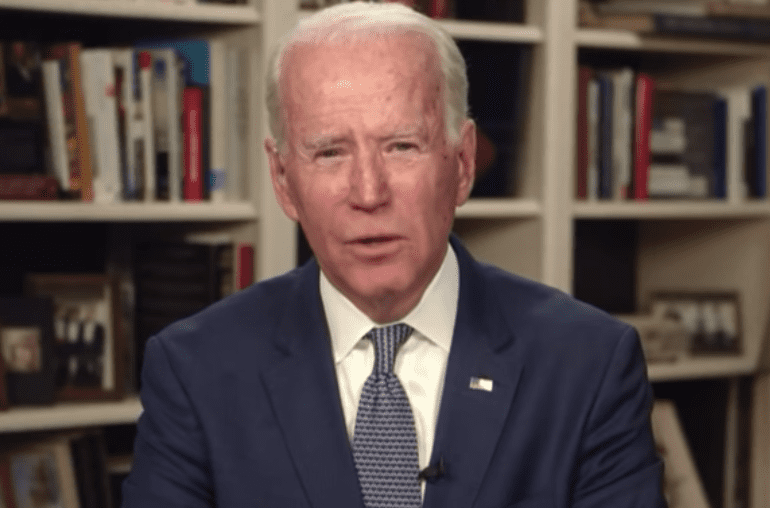How Interventionists Hijack the Rhetoric of Morality

Kori Schake objects to Biden’s foreign policy record on the grounds that he is not hawkish enough and too skeptical of military intervention. She restates a bankrupt hawkish view of U.S. military action:
This half-in-half-out approach to military intervention also strips U.S. foreign policy of its moral element of making the world a better place. It is inadequate to the cause of advancing democracy and human rights [bold mine-DL].
The belief that military intervention is an expression of the “moral element” of U.S. foreign policy is deeply wrong, but it is unfortunately just as deeply-ingrained among many foreign policy professionals. Military intervention has typically been disastrous for the cause of advancing democracy and human rights. First, by linking this cause with armed aggression, regime change, and chaos, it tends to bring discredit on that cause in the eyes of the people that suffer during the war. Military interventions have usually worsened conditions in the targeted countries, and in the upheaval and violence that result there have been many hundreds of thousands of deaths and countless other violations of human rights.
Destabilizing other countries, displacing millions of people, and wrecking their infrastructure and economy obviously do not make anything better. As a rule, our wars of choice have not been moral or just, and they have inflicted tremendous death and destruction on other nations. When we look at the wreckage created by just the last twenty years of U.S. foreign policy, we have to reject the fantasy that military action has something to do with moral leadership. Each time that the U.S. has gone to war unnecessarily, that is a moral failure. Each time that the U.S. has attacked another country when it was not threatened, that is a moral abomination.
Schake continues:
Biden claims that the U.S. has a moral obligation to respond with military force to genocide or chemical-weapons use, but was skeptical of intervention in Syria. The former vice president’s rhetoric doesn’t match his policies on American values.
If Biden’s rhetoric doesn’t match his policies here, we should be glad that the presumptive Democratic nominee for president isn’t such an ideological zealot that he would insist on waging wars that have nothing to do with the security of the United States. If there is a mismatch, the problem lies with the expansive rhetoric and not with the skepticism about intervention. That is particularly true in the Syria debate, where interventionists kept demanding more aggressive policies without even bothering to show how escalation wouldn’t make things worse. Biden’s skepticism about intervention in Syria of all places is supposed to be held against him as proof of his poor judgment? That criticism speaks volumes about the discredited hawkish crowd in Washington that wanted to sink the U.S. even more deeply into that morass of conflict.
One of the chief problems with U.S. foreign policy for the last several decades is that it has been far too militarized. To justify the constant resort to the threat and use of force, supporters have insisted on portraying military action as if it were beneficent. They have managed to trick a lot of Americans into thinking that “doing something” to another country is the same thing as doing good. Interventionists emphasize the goodness of their intentions while ignoring or minimizing the horrors that result from the policies they advocate, and they have been able to co-opt the rhetoric of morality to mislead the public into thinking that attacking other countries is legitimate and even obligatory. This has had the effect of degrading and distorting our foreign policy debates by framing every argument over war in terms of righteous “action” vs. squalid “inaction.” This turns everything on its head. It treats aggression as virtue and violence as salutary. Even a bog-standard hawk like Biden gets criticized for lacking moral conviction if he isn’t gung-ho for every unnecessary war.
Comments